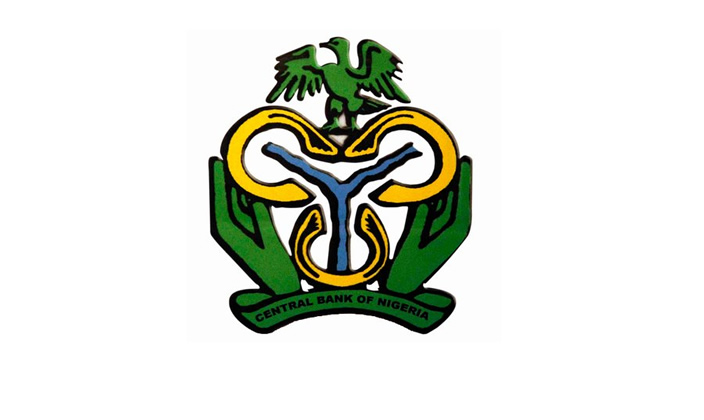The Central Bank of Nigeria (CBN) has issued a strong denial of media reports claiming an extension of the recapitalization deadline for Bureau De Change (BDC) operators to December 31, 2025. The CBN’s acting Director of Corporate Communications, Mrs. Hakama Sidi-Ali, categorically dismissed the reports as false and misleading, emphasizing that the official deadline remains June 3, 2025, as previously communicated. This clarification comes amidst the CBN’s ongoing implementation of a new regulatory framework for BDCs, introduced in February 2024, which mandates higher capital requirements for operators.
The CBN’s statement unequivocally reiterates that no extension has been granted beyond the June 3, 2025, deadline. It urges the public, media outlets, and stakeholders to verify information regarding CBN policies through official channels, such as the bank’s website. This proactive approach aims to counter misinformation and ensure accurate dissemination of the bank’s policies, particularly concerning the BDC recapitalization process.
The recapitalization framework, introduced in February 2024, establishes two tiers of BDC operators with varying capital requirements. Tier-1 operators are mandated to have a minimum capital of N2 billion, while Tier-2 operators must maintain N500 million. This tiered structure reflects the CBN’s commitment to enhancing the stability and transparency of the foreign exchange market. The increased capital requirements aim to strengthen the financial capacity of BDCs and ensure their sustainable operation within the evolving regulatory landscape.
The CBN’s denial of the deadline extension follows media reports suggesting a reprieve for BDC operators struggling to meet the new capital threshold. The Association of Bureau De Change Operators of Nigeria (ABCON) had previously warned that a significant number of Nigerians could lose their livelihoods if BDCs were forced to close due to their inability to recapitalize. ABCON President, Aminu Gwadebe, revealed that less than 10 percent of its members had met the new requirements, highlighting the potential impact on employment within the sector.
The CBN, however, remains steadfast in its commitment to enforcing the new regulations, emphasizing its objective of fostering stability and transparency in the foreign exchange market. The bank is engaging with stakeholders to ensure compliance with the regulatory framework. This engagement is crucial for navigating the challenges of the recapitalization process and mitigating potential disruptions to the foreign exchange market. The CBN’s approach balances the need for enhanced regulatory oversight with the potential impact on livelihoods and the smooth functioning of the foreign exchange market.
The ongoing implementation of the new regulatory framework represents a significant development in Nigeria’s foreign exchange landscape. The CBN’s clarification on the recapitalization deadline underscores its commitment to effective communication and its resolve to maintain the integrity of the regulatory process. The bank recognizes the challenges faced by BDC operators in meeting the new requirements while simultaneously prioritizing its mandate to ensure a stable and transparent foreign exchange market. The unfolding situation highlights the complex interplay between regulatory objectives, economic realities, and potential social impacts in Nigeria’s dynamic financial sector.


